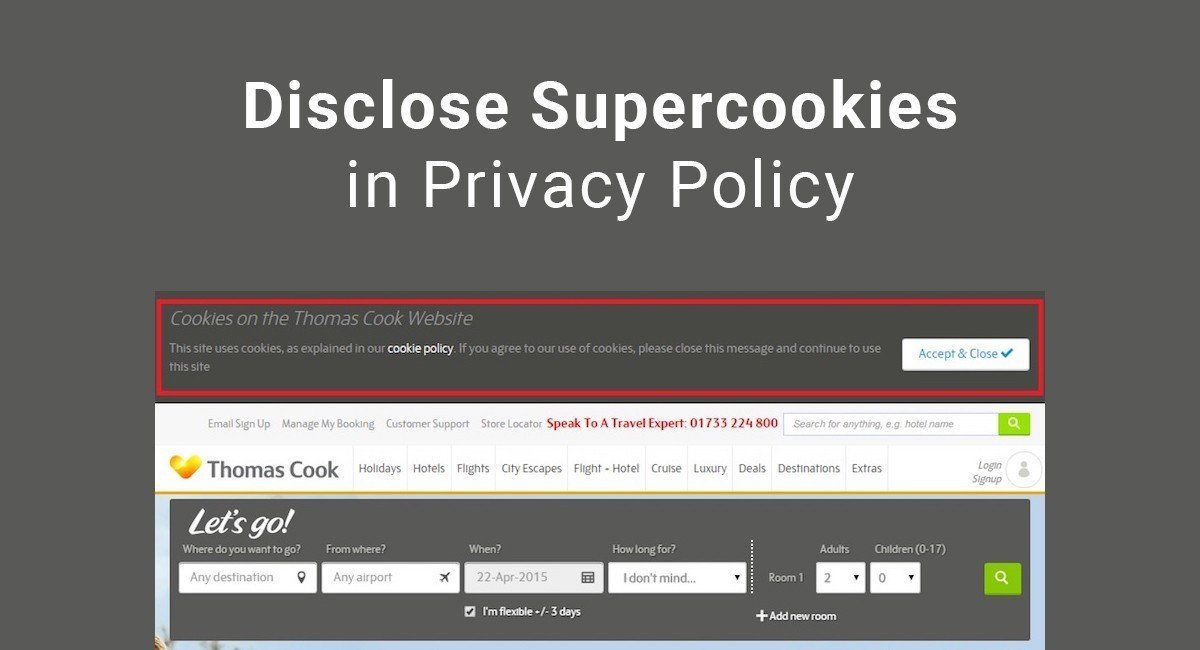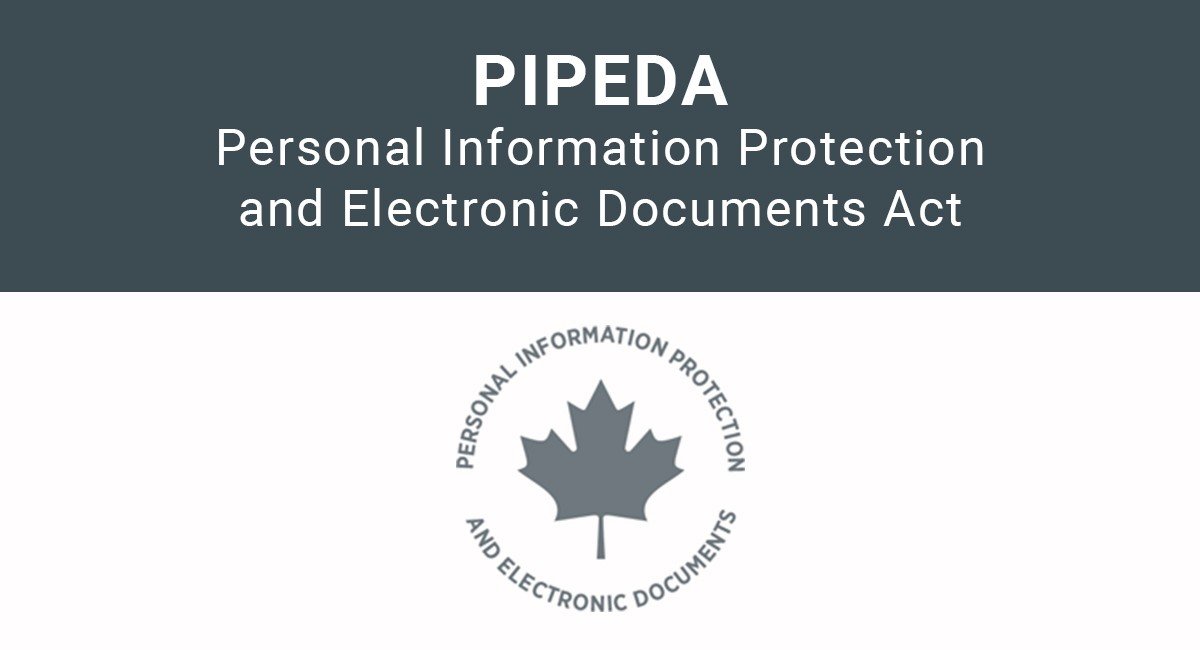Blog - Page 61
Legal articles in easy to understand language.
Disclose Supercookies in Privacy Policy
In June of 2015, the marketing firm Turn Inc. was sued for allegedly tracking the browser history and app usage of "thousands or millions" of Verizon Internet subscribers in California without giving these users notice of the tracking or obtaining their permission or consent to be tracked. Turn Inc. placed supercookies...
Legal pages for web forms
Online forms are a great way to collect important information from visitors and users of your website. A basic online form would be a form in a pop-up box that collects email addresses of people who visit your site and wish to subscribe to your email newsletters. If you collect any personal...
8 Ways You Can Disclose Endorsements
Earlier this year, the Federal Trade Commission (FTC) updated some of its recommendations set forth in its "Guides Concerning the Use of Endorsements and Testimonials" guide. This was the first update to the Guide since 2009, and many modern additions that focus on appropriate methods of disclosures for endorsements and compensation...
Legal pages for embeddable plugins
Recently, the Belgian Privacy Commission addressed issues of personal privacy concerns with Facebook social plug-ins, such as the "Like" and "Share" buttons. These plug-ins allow Facebook to track individuals who use these plug-ins outside of the Facebook platform by installing permanent cookies on users devices, whether the person is logged in...
PIPEDA: Personal Information Protection and Electronic Documents Act
In June of 2015, the Digital Privacy Act (DPA) received Royal Assent and officially became law in Canada. The Digital Privacy Act modernizes the private sector privacy laws by amending the Personal Information Protection and Electronic Documents Act (PIPEDA). This will better protect Canadian citizens' personal information when doing activities online,...
Can EU startups use US-based cloud platforms?
Cloud storage providers are becoming increasingly in demand, with companies like Dropbox growing at a fast pace. There are providers available around the world, with some in more reputable countries than others. The EU, however, has some relatively strict rules around what countries data is able to be stored in — and those...





